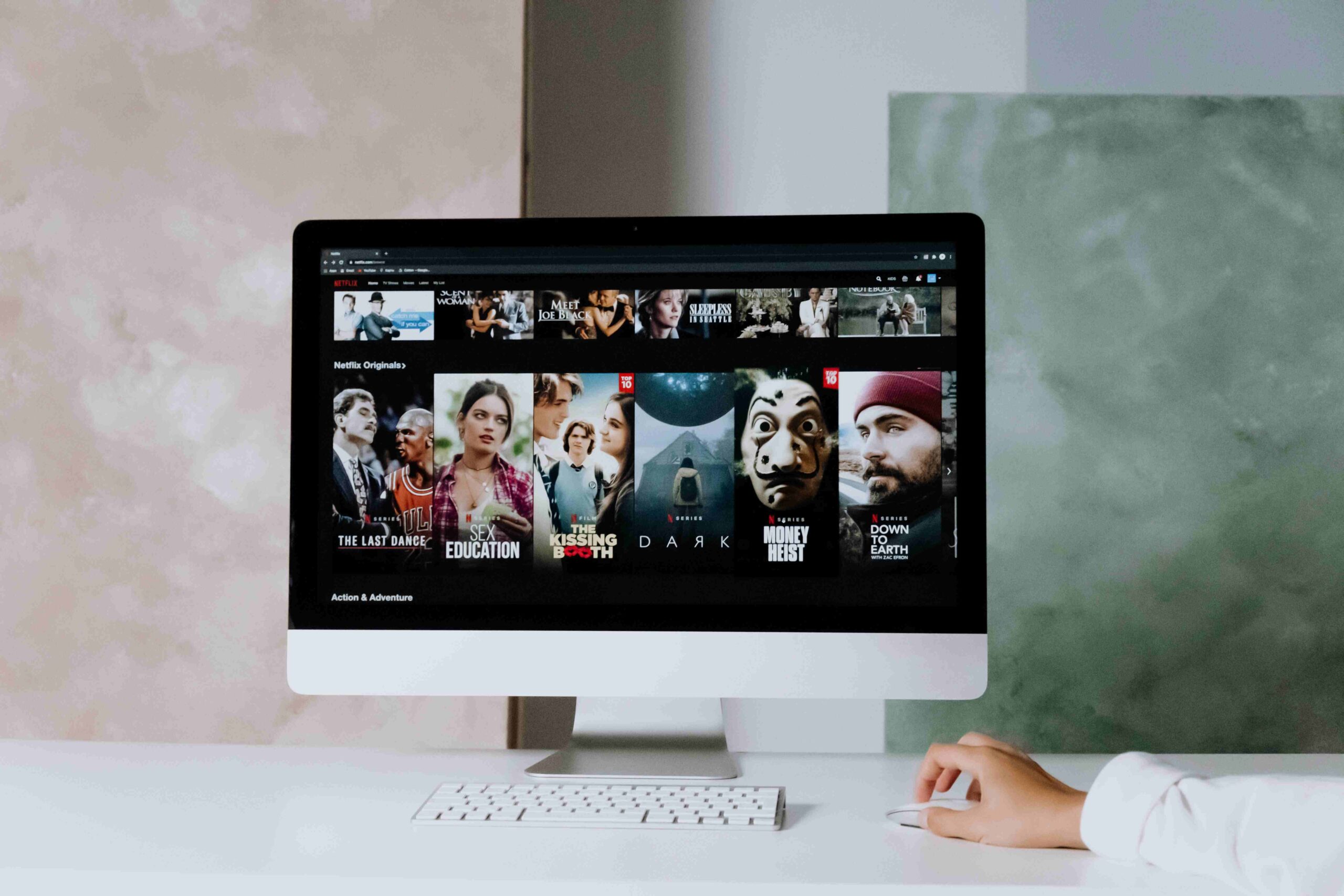
How Streaming Services Are Changing the Way We Consume Stories
Article Level: B2
Explanation: This article explores how streaming services like Netflix and Disney+ have transformed the way we watch stories. It covers trends like binge-watching, global content access, personalisation, and the rise of diverse storytelling formats in today’s digital era.
Commonly Used Words from the Article
-
Transform /trænsˈfɔːm/ (verb): To change something completely.
Streaming has transformed how people watch TV.
-
Accessible /əkˈsɛsəbl/ (adjective): Easy to reach or use.
Subtitles make foreign films more accessible.
-
Algorithm /ˈælɡərɪðəm/ (noun): A set of rules used by computers to solve problems or make decisions.
The platform uses an algorithm to suggest shows.
-
Content /ˈkɒntɛnt/ (noun): Information or material in films, TV, or websites.
The platform offers a wide range of content.
-
Diverse /daɪˈvɜːs/(adjective): Showing a lot of variety; different.
Streaming services feature diverse stories.
Audio File of the Article
Read more: How Streaming Services Are Changing the Way We Consume Stories

How Streaming Services Are Changing the Way We Consume Stories
In the past, people had to wait for their favourite TV shows to air weekly or buy DVDs to watch films at home. Today, streaming services like Netflix, Disney+, and Amazon Prime have completely transformed the way we consume stories. Instead of being limited to set times and channels, viewers can now choose what to watch, when to watch it, and even how many episodes to enjoy in one sitting.
One of the biggest changes is binge-watching. Many people now prefer to watch an entire series in a few days or even a single weekend. This habit has influenced how stories are written and produced. Writers often design episodes with cliffhangers or ongoing plotlines to keep audiences watching.
Another key shift is accessibility. Streaming platforms make it easier for global audiences to explore content from different countries. For example, Korean dramas and Spanish thrillers have gained popularity worldwide. Subtitles and dubbing help viewers enjoy foreign content, and this exposure encourages more cultural exchange.
Streaming also offers personalisation. Algorithms recommend shows and films based on your viewing history. While this can be helpful, some argue that it limits our exposure to new genres or ideas because we tend to watch what we already like.
Moreover, streaming services are changing storytelling formats. Short-form series, interactive films, and documentaries with a more relaxed structure are becoming more common. Traditional television once followed strict schedules and episode lengths, but streaming allows for more creative freedom. Writers, directors, and producers now have the chance to experiment with new ways of telling stories.
However, this digital revolution is not without challenges. With so many platforms available, it can be difficult and expensive to subscribe to all of them. Also, content sometimes disappears without notice due to licensing issues, frustrating loyal viewers.
Despite these issues, the shift to streaming has opened the door to more diverse voices and stories. Independent creators and small studios now have more opportunities to reach global audiences without needing traditional TV networks or cinema releases.
In conclusion, streaming services have significantly changed how we consume stories. They offer more flexibility, choice, and creativity. As technology continues to evolve, storytelling will likely adapt even further to meet the expectations of modern viewers.

Grammar Notes
1. Present Perfect & Present Simple:
Used to describe recent changes and general truths.
Example: “Streaming services have changed how we consume stories.”
2. Modal Verbs (can, might):
Used to show possibility or ability.
Example: “This habit can influence how stories are written.”
3. Passive Voice:
Used to focus on the action rather than the doer.
Example: “Content is sometimes removed without notice.”
Short Grammar Lesson – Present Perfect vs. Past Simple:
Use Present Perfect for experiences or changes over time without a specific date:
-
Streaming services have transformed entertainment.
Use Past Simple for completed actions at a specific time: -
I watched that film last night.

Five Questions Based on the Article
-
What is one way that binge-watching has changed storytelling?
-
How do streaming platforms help viewers explore foreign content?
-
Why might personalisation limit the variety of content someone watches?
-
What is one disadvantage of having many different streaming platforms?
-
How have streaming services supported independent creators?

We’d love to hear your thoughts! Join the conversation by leaving a comment below. Sharing your insights, questions, or experiences can help you connect with others in our English learning community. It’s a great way to practice your English skills, engage with like-minded individuals, and improve together. Don’t be shy—jump in and let’s keep the discussion going!

 EnglishMasteryHub
EnglishMasteryHub